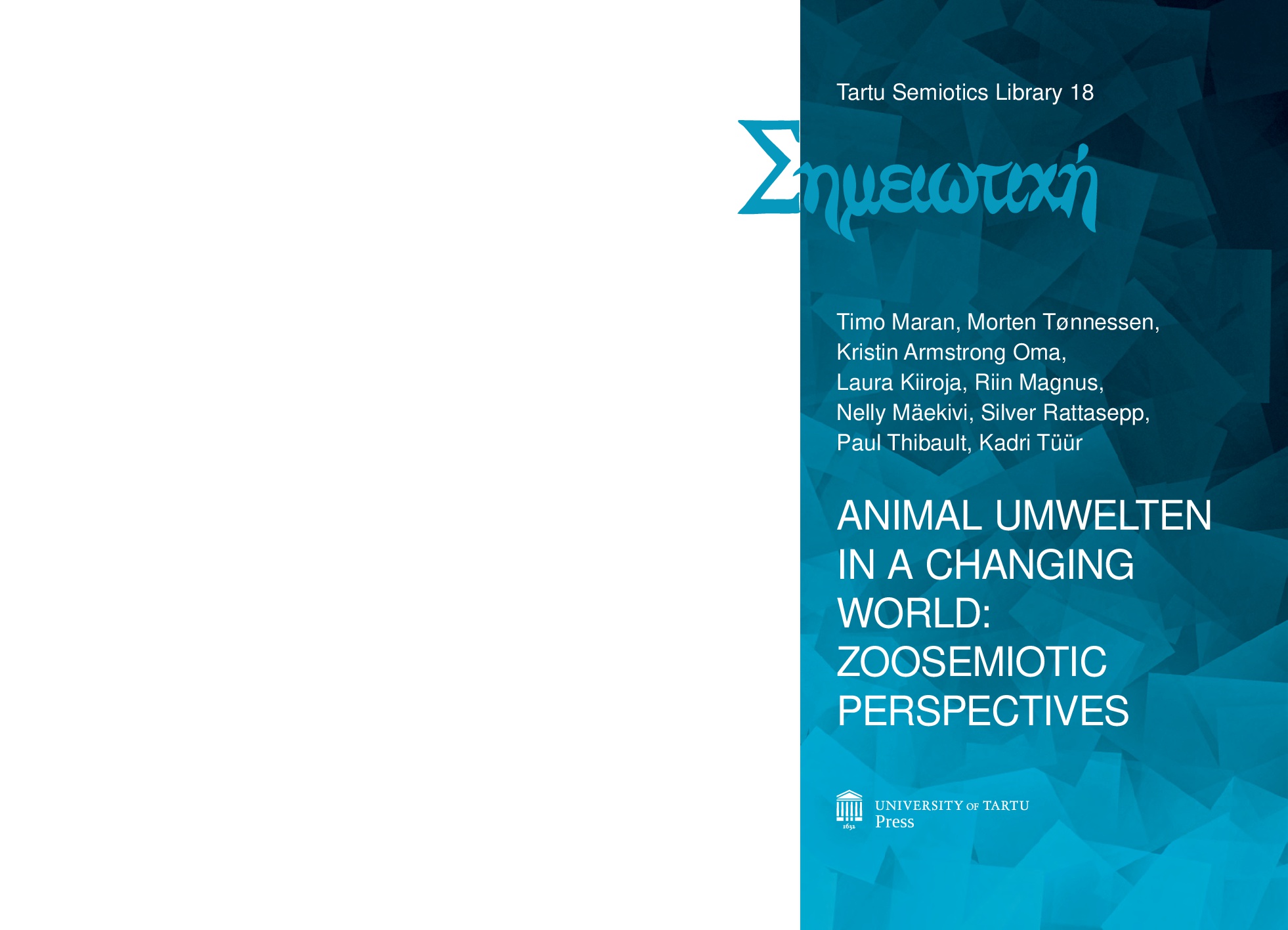The philosophical discourse on animals, and the philosophical animals themselves
The philosophical discourse on animals, and the philosophical animals themselves
Author(s): Silver RattaseppSubject(s): Philosophy, Ethics / Practical Philosophy, Social Philosophy, Contemporary Philosophy, Structuralism and Post-Structuralism, Philosophy of Science, Sociobiology
Published by: Tartu Ülikooli Kirjastus
Summary/Abstract: Today, animal studies and related fields, such as posthumanism, multispecies ethnography and the like, are blooming. It is often said that we are now undergoing an “animal turn” or perhaps even a “species turn”, as suggested by Kirksey and Helmreich (2010). This latter “turn” was coined in order to accommodate newer and more encompassing works that are not limited to animals only (e.g. Kohn 2013; Cohen 2012; Marder 2013). Analyses of animals proliferate in any number of fields in the humanities and social sciences, and in interdisciplinary works and journals. However, philosophy has, in general and in broad strokes but admittedly with a few notable exceptions, not followed this new trend. In fact, as argued below, philosophy has seldom had much of interest to say about living beings other than humans, and even there it steadfastly avoids anything that would smack of the biological, of the animal. Ever since Socrates declared that it is the men who dwell in the city who are his teachers and not the trees in the countryside, animals have been thought of, at best, as poor in world. What follows is not, however, a survey of philosophical tracts and their commentary on animals. Such work is well underway elsewhere (e.g. Oliver 2009; Lippitt 2000; Calarco 2008; Lurz 2009; etc.). Instead, the chapter is divided into two parts: the first lays down the basic structure by which animals are expelled from philosophy, and the second part tells certain admittedly fanciful stories about what an “animal gaze” at human theorisers would look like.
Journal: Tartu Semiotics Library
- Issue Year: 2016
- Issue No: 18
- Page Range: 53-67
- Page Count: 15
- Language: English
- Content File-PDF

